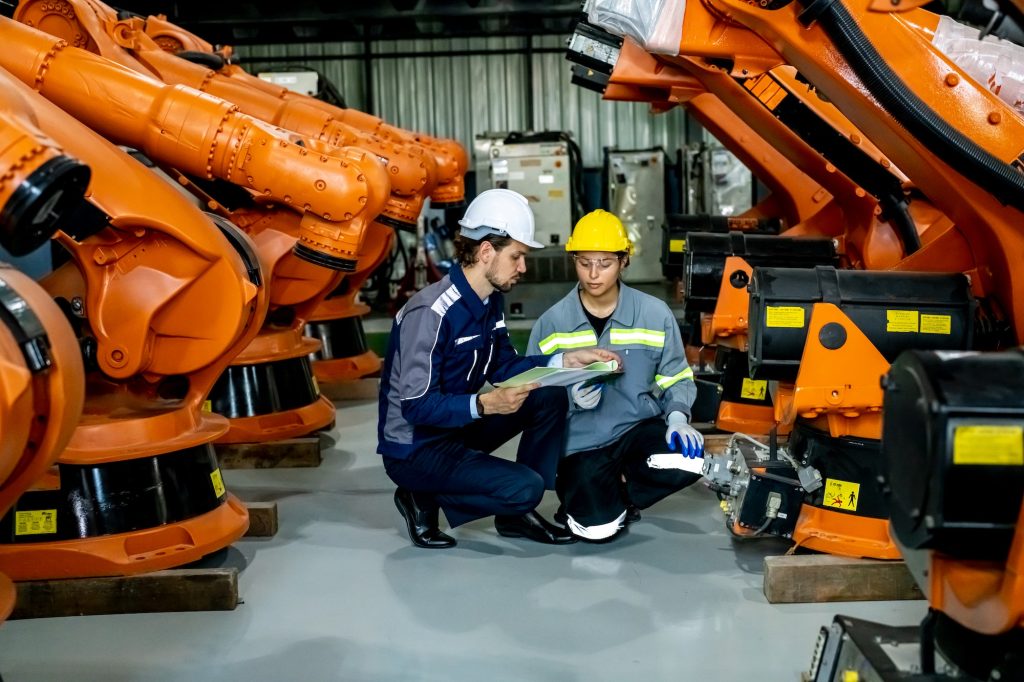Artificial Intelligence (AI) has emerged as a transformative force across various industries, revolutionizing how businesses operate and interact with customers. From healthcare to finance, AI is reshaping traditional practices and unlocking new opportunities for growth and efficiency. This essay aims to discuss how AI is transforming these industries, highlighting its impact on healthcare, finance, and manufacturing.
AI has proven to be a game-changer in healthcare by improving patient care and diagnosis accuracy. Machine learning algorithms can analyze vast amounts of medical data to identify patterns and predict diseases accurately. This enables doctors to make more informed decisions based on data-driven insights, leading to better treatment outcomes. Additionally, AI-powered chatbots are used in telemedicine applications to provide patients with instant medical advice and support.
Furthermore, AI is revolutionizing the financial industry by enhancing risk management strategies and streamlining operations. With advanced algorithms capable of analyzing complex financial data in real time, banks can detect fraudulent activities more effectively while minimizing false positives. Moreover, AI-powered robo-advisors are transforming the investment landscape by providing personalized financial advice at a fraction of the cost compared to traditional advisors. This democratizes access to financial services for individuals who may not have previously had access.
In the manufacturing sector, AI is driving automation and optimization of production processes. Intelligent robots with computer vision systems can perform intricate tasks with high precision and speed while reducing human error. This improves productivity and ensures consistent quality control throughout the manufacturing process. Furthermore, predictive maintenance powered by AI algorithms allows manufacturers to anticipate equipment failures before they occur, minimizing downtime and optimizing resource allocation.
However, it is important to acknowledge that despite its numerous benefits, there are concerns surrounding the ethical implications of the widespread adoption of AI in these industries. For instance, privacy concerns arise in healthcare when sensitive patient data is shared or stored within an AI system’s database. Safeguarding patient information becomes crucial when dealing with AI algorithms that require access to personal medical records. Similarly, in finance, AI raises questions about algorithmic bias and potential discrimination in decision-making processes. It is essential to ensure that AI systems are designed and implemented to uphold ethical standards and protect individuals’ rights.

